
 Guest blog by
Guest blog by
Cormac Kelly, Consultant Upper Limb Surgeon at The Robert Jones and Agnes Hunt Orthopaedic Hospital NHS Foundation Trust
and
Peter Kay, National Orthopaedic Alliance (NOA) Lead Clinician and Consultant Orthopaedic Surgeon at Wrightington, Wigan and Leigh Teaching Hospitals NHS Foundation Trust
The COVID-19 crisis has changed the delivery of planned orthopaedic surgery drastically. As the pandemic continues to subside, the NHS, with various guidance from Public Health England, Medical and Surgical Colleges, the British Orthopaedic Association, and others, is working on a plan to get surgery back on track.…
Read more of this article

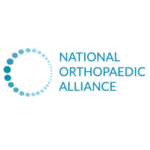


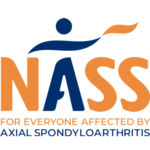
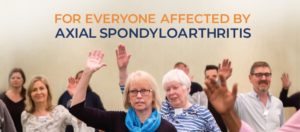 The NASS Facebook Live sessions have been running for about three years now, helping people to manage their axial SpA (AS) in unprecedented times and beyond.…
The NASS Facebook Live sessions have been running for about three years now, helping people to manage their axial SpA (AS) in unprecedented times and beyond.… 
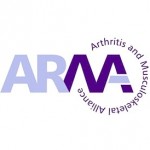
 New information on preventing musculoskeletal
New information on preventing musculoskeletal 
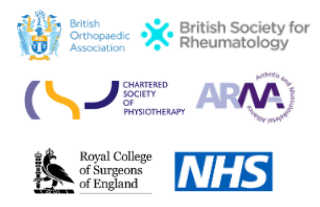 Suggestions are rolling in for which changes the NHS has made during the pandemic that people think we should keep.
Suggestions are rolling in for which changes the NHS has made during the pandemic that people think we should keep.
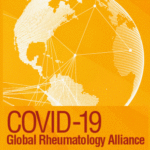
 Pain UK would like to alert you to the work of the Covid-19 Global Rheumatology Alliance, an organisation established to “collect, analyze and disseminate information about COVID-19 and rheumatology to patients, physicians and other relevant groups to improve the care of patients with rheumatic disease.”
Pain UK would like to alert you to the work of the Covid-19 Global Rheumatology Alliance, an organisation established to “collect, analyze and disseminate information about COVID-19 and rheumatology to patients, physicians and other relevant groups to improve the care of patients with rheumatic disease.”
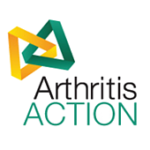
 Arthritis Action invites you to a webinar dedicated to addressing coronavirus concerns for people with arthritis.
Arthritis Action invites you to a webinar dedicated to addressing coronavirus concerns for people with arthritis.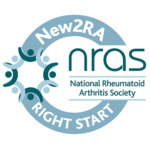
 Right Start
Right Start